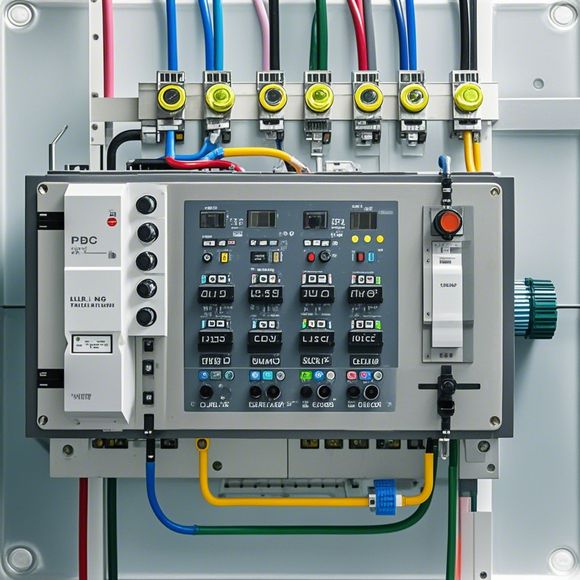Introduction to Programmable Logic Controllers (PLCs):
Programmable Logic Controllers (PLCs) are a type of industrial control system that allows for the automation of complex tasks through programming. They are commonly used in factories, power plants, and other industrial environments to manage processes, monitor equipment, and ensure safety. In essence, PLCs allow for precise control over mechanical systems by programming them to perform specific functions based on inputs from sensors or manual controls. The benefits of using PLCs include improved efficiency, reduced downtime, and greater reliability. They are also highly adaptable, allowing for easy modification and customization to meet changing needs. Overall, programmable logic controllers have revolutionized the way we control and operate industrial systems, making them an essential component of modern industrial technology.
An introduction to Programmable Logic Controllers (PLCs), commonly referred to as PLCs, are a crucial component in modern industrial automation systems. They serve as the brain of the system, processing data and making decisions based on pre-set algorithms, enabling precise control over various industrial processes.

The heart of a PLC is its programmable logic, which stores instructions that define the behavior of the controller. These instructions can be written manually or automatically using a programming language such as ladder logic or structured text. The PLC executes these instructions, monitoring sensor inputs, actuator outputs, and other system parameters to ensure optimal operation.
One of the key features of a PLC is its flexibility. By programming the same logic into multiple PLCs, manufacturers can produce a wide range of solutions for specific applications, from simple factory automation to complex manufacturing lines. This flexibility allows for cost savings and increased efficiency, as different PLC configurations can be optimized for specific tasks.
Another critical component of PLC technology is their reliability. Unlike mechanical devices, PLCs are electronic systems that require minimal maintenance, making them ideal for high-volume production environments. They also have a low failure rate compared to other control systems, ensuring reliable performance over long periods.

When it comes to safety, PLCs play an essential role in maintaining process integrity. They can monitor and control hazardous materials and processes, preventing accidents by detecting deviations from safe operating conditions. Additionally, PLCs can provide real-time monitoring and alarming capabilities, allowing operators to take corrective actions before issues escalate.
Finally, one of the most significant advantages of PLC technology is their scalability. As the complexity of industrial automation increases, so does the need for advanced control systems. PLCs can handle a wide range of tasks, from basic motor control to complex interlocking systems, making them ideal for modern industrial environments.
In conclusion, PLCs represent a vital tool in modern industrial automation, providing precision control and efficient operation through their programmable logic and user-friendly interfaces. By understanding their key features and benefits, businesses can leverage this technology to optimize their production processes and achieve greater efficiency and profitability.

Content expansion reading:
Articles related to the knowledge points of this article:
Smart Manufacturing Solutions with PLC Integrated Machinery
PLC Controller Wiring Guideline
PLC Controller for Manufacturing Automation
How to Use a PLC Controller for Your Business
Connecting a PLC Controller to Your Computer
PLC Controllers: A Comprehensive Guide to Understanding Their Prices